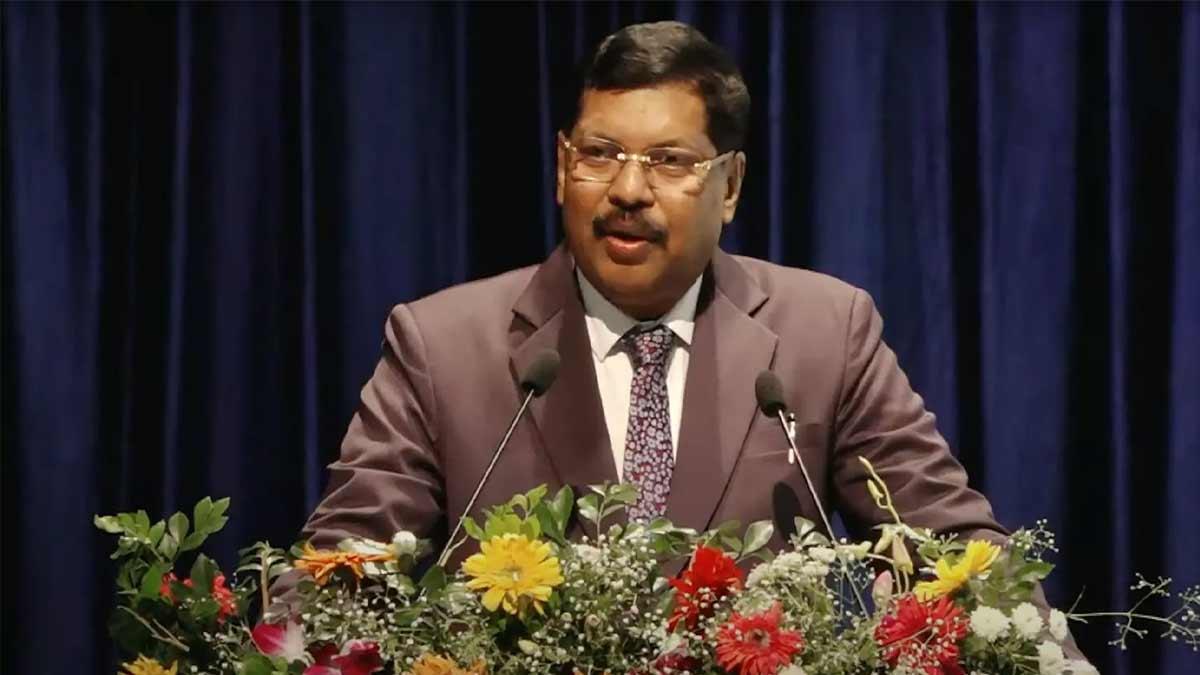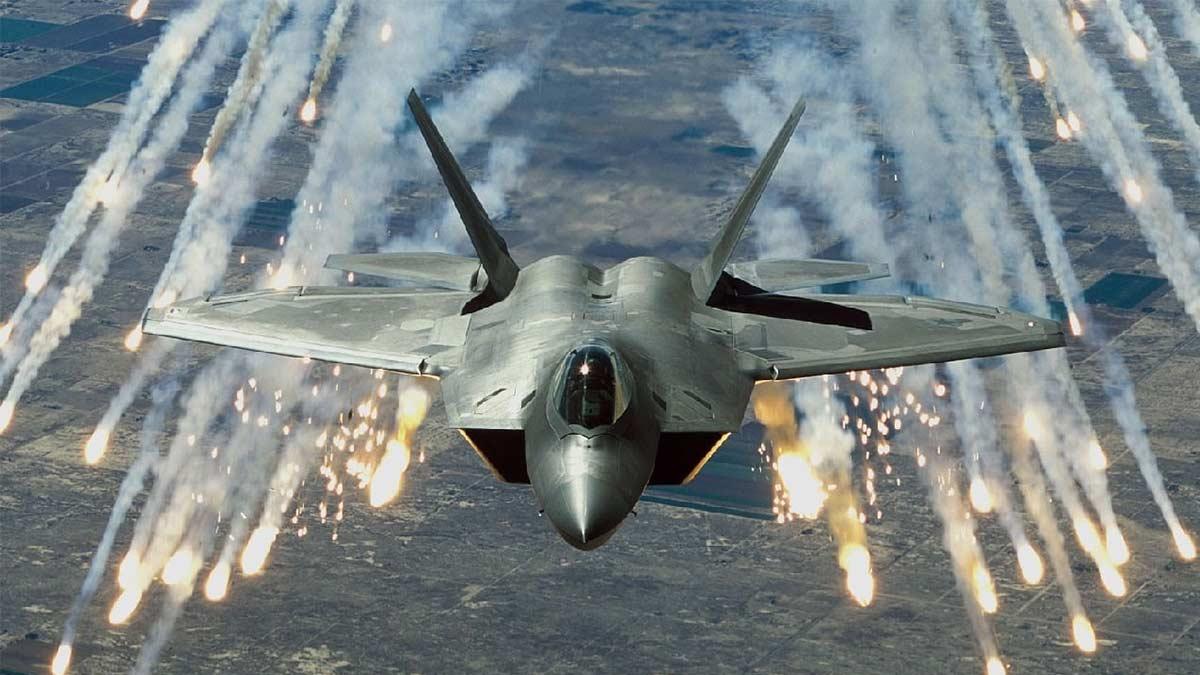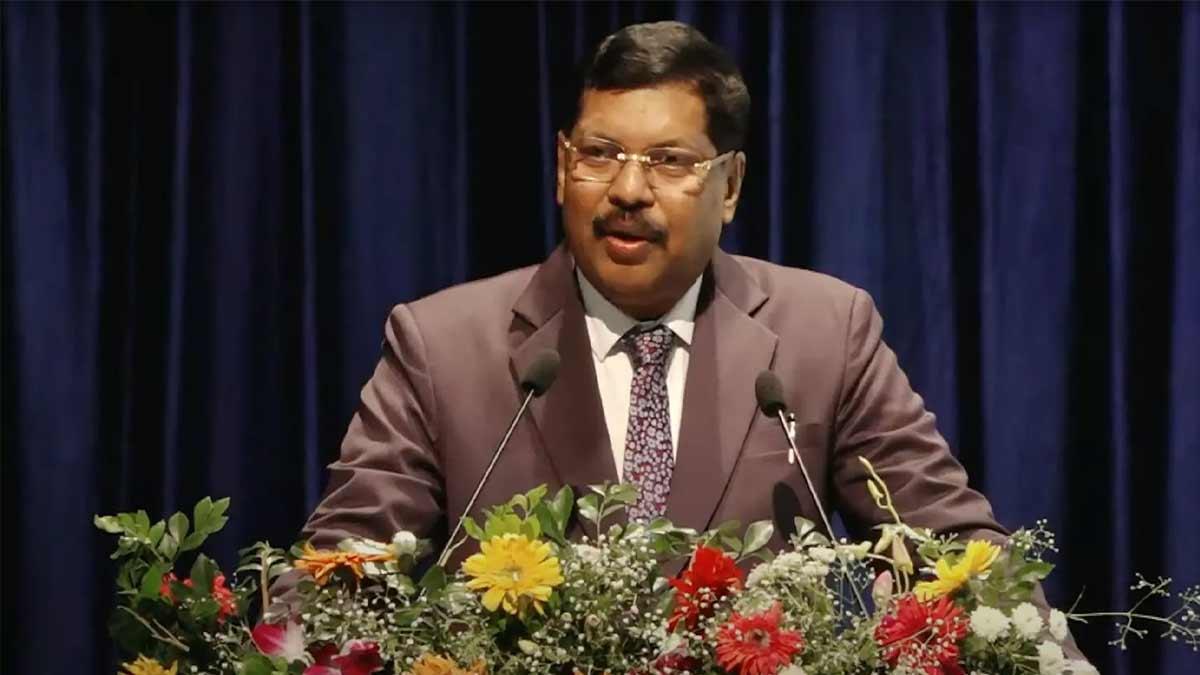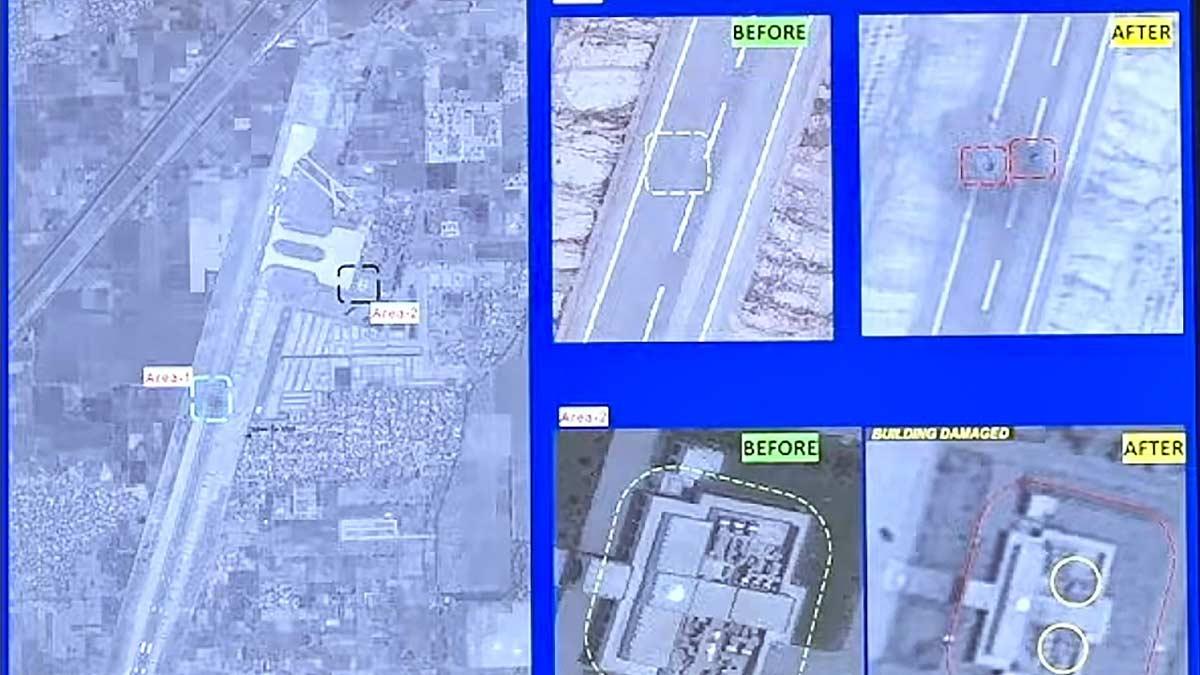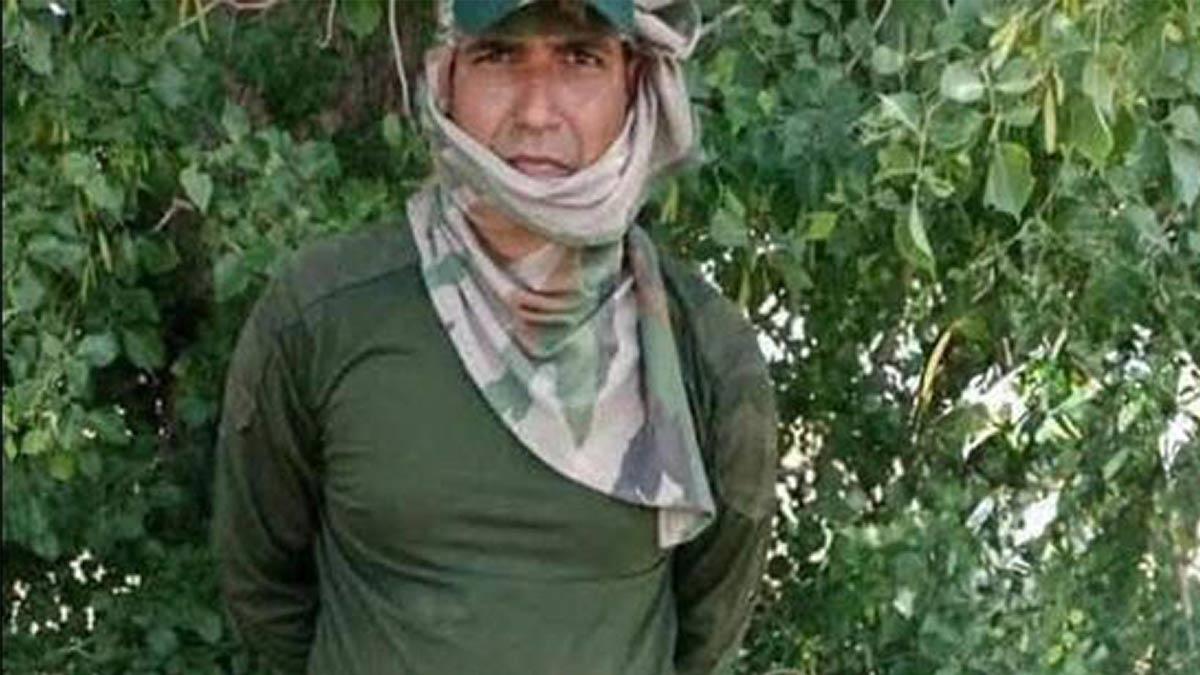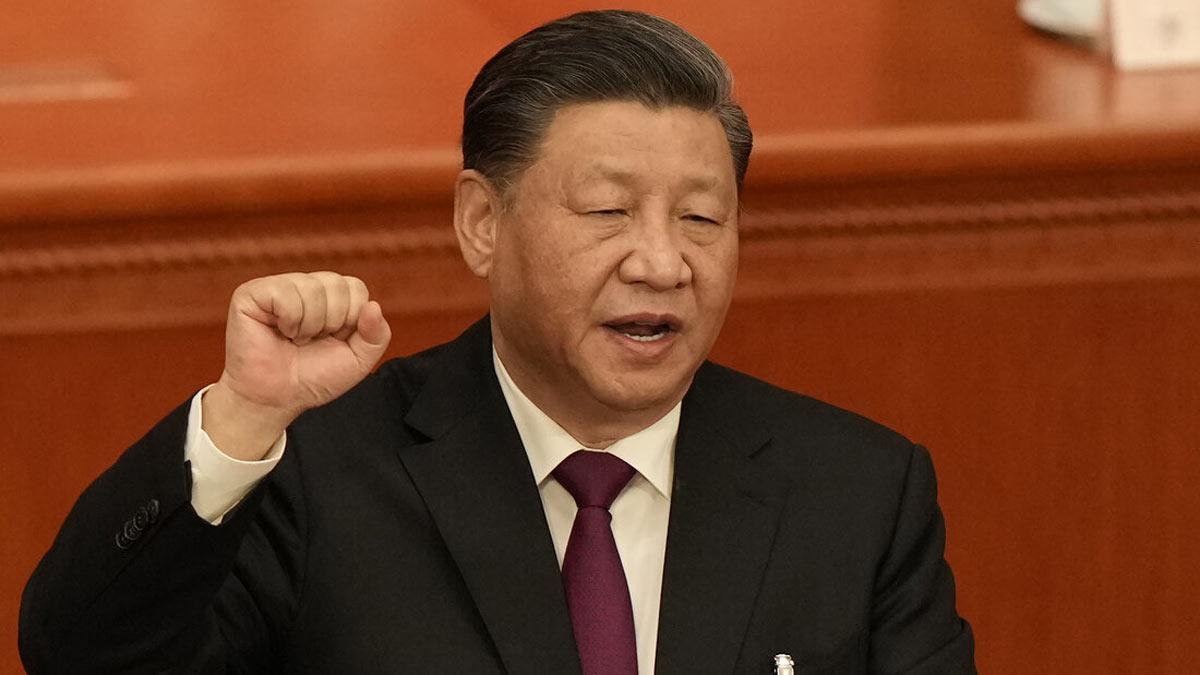Justice Bhushan Ramkrishna Gavai, who has played a part in a number of landmark Supreme Court judgments—most notably the seminal ruling validating the abrogation of Article 370—was administered the oath of office as the 52nd Chief Justice of India (CJI) on Wednesday.
The oath-taking ceremony was attended by President Droupadi Murmu at a short ceremony that took place in the Ganatantra Mandap of Rashtrapati Bhavan.
Justice Gavai, 64, enters the post after Justice Sanjiv Khanna retired on Tuesday after crossing the age of compulsory retirement of 65 years. Justice Gavai, who was elevated to the Supreme Court on May 24, 2019, is likely to be CJI until November 23, having a tenure of a little over six months. He was administered oath in Hindi.
Soon after the ceremony, Justice Gavai touched the feet of his mother, Kamal Tai Gavai, and sought her blessings. He was greeted by Vice President Jagdeep Dhankhar, Prime Minister Narendra Modi, a number of Union ministers, and retired judges.
The dignitaries who attended the swearing-in included Union ministers Rajnath Singh, Amit Shah, J.P. Nadda, and Arjun Ram Meghwal, and former President Ram Nath Kovind.
Justice Gavai, who was born on November 24, 1960, in Amravati, started his judicial life as an additional judge of the Bombay High Court on November 14, 2003. He became a permanent judge on November 12, 2005.
During his term in the top court, Justice Gavai has been a member of several Constitution benches that issued historical judgments. He was a part of the five-judge bench that, by a unanimous verdict, upheld the Centre's 2019 decision to abrogate Article 370 while removing Jammu and Kashmir's special status.
He also contributed to another five-judge bench that quashed the scheme of electoral bonds for political funding. Additionally, Justice Gavai was part of the bench which, in a 4:1 majority, supported the Modi government's demonetisation of ₹500 and ₹1,000 currency notes in 2016.
In a milestone judgment relating to reservation policies, Justice Gavai was among a seven-judge bench which held—with a 6:1 majority—that states are constitutionally authorized to sub-categorize the Scheduled Castes for specific reservation based on the social and educational backwardness among them.
Another landmark ruling by a bench having Justice Gavai ruled that an arbitration clause is still effective even if the agreement is unstamped or not stamped adequately—asserting that such deficiencies can be corrected and do not invalidate the contract.
Justice Gavai also presided over a bench that passed countrywide directives to the effect that no property could be demolished without first issuing a showcause notice and providing at least 15 days' time to respond—a step to safeguard citizens' rights.
Presently, he is the head of the bench handling cases involving forest conservation, wildlife protection, and tree conservation.
Justice Gavai started practicing law on 16th March 1985. Throughout his legal practice, he was standing counsel for Nagpur Municipal Corporation, Amravati Municipal Corporation, and Amravati University. From August 1992 to July 1993, he was also made assistant government pleader and additional public prosecutor at the Nagpur bench of Bombay High Court. He assumed the role of government pleader and public prosecutor of the same bench on January 17, 2000.
According to the memorandum of procedure—a procedural document determining appointments and promotions of judges—the Union Law Minister pens a letter to the incumbent Chief Justice to nominate their successor. The protocol mandates that the most senior Supreme Court judge is usually considered most appropriate to be the next Chief Justice, and the opinion of the outgoing CJI is solicited at the "appropriate time" to facilitate a seamless transition.
Read also| India Denounces China's 'Absurd' Move to Rename Locations in Arunachal Pradesh
Read also| India Rejects China's Renaming of Arunachal Areas: 'Creative Naming Won't Change Reality'

